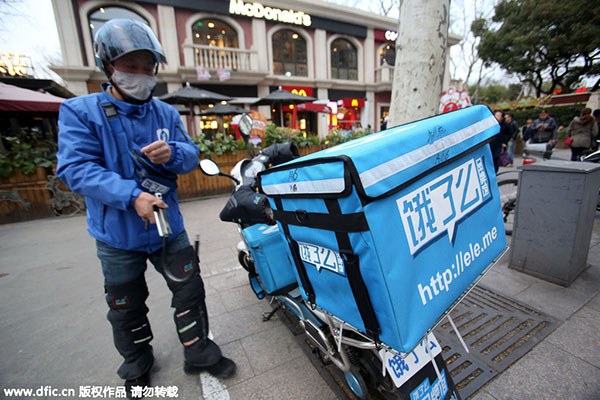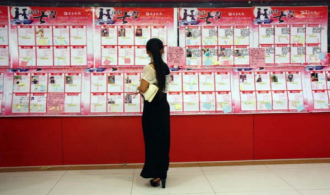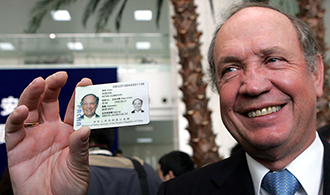Supervision of take-away food business has to tighten
(China Daily) Updated: 2016-03-17 08:17
 |
|
A deliveryman of Chinese food delivery company Ele.me prepares to deliver meals in Shanghai, March 24, 2015. [Photo/IC] |
About 30 online take-away food businesses including ele.me and Baidu Waimai were inspected recently, only about half of them passed. Some of the restaurants that failed the quality inspections were registered as management companies to avoid the hygiene scrutiny. Beijing News commented on Wednesday:
Even though online-to-offline companies have become prevalent in recent years, many do not meet the necessary standards.
It requires more responsibility to build an online fast-food platform rather than a single physical business, as there is the potential for a gap to exist between sparkling online presentation and dirty kitchens.
Consumers' trust in online food ordering platforms stems from the perception that the platforms have already passed food quality examinations. This is not necessarily the case. So not only should the business operators monitor the food preparation process, the authorities must as well.
O2O businesses need covering by stronger regulations.
- Consumer rights protection month begins in Nanyang
- China highlights online fake fight on consumer rights day
- Consumer complaints filed with SAIC rise 11%to 12.9m
- China to boost consumer goods quality: minister
- Slowdown fails to dent consumer spending
- Beijing tops cities in consumer spending
- China's consumer finance expected to be a market without ceiling
- Alibaba's spending list offers rare consumer insight in Xiamen

I’ve lived in China for quite a considerable time including my graduate school years, travelled and worked in a few cities and still choose my destination taking into consideration the density of smog or PM2.5 particulate matter in the region.










